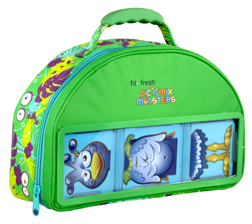As my kids get all excited to dress up and pretend to be someone or something that they are not for Halloween, I can’t help but cringe at the thought of all that candy coming into my house. You would think that my first concern would be for my two boys, age 4 and 10 but it is not. I am afraid for me! You see I am a sugar addict.
In fact I just wrote a book on sugar addiction and kids so I know all the statistics and scary facts that would make Halloween seem like a tea party. Our children are eating their weight in sugar each year and adults are doing no better with an average intake of 140 to 150 pounds of added sugar each year. How is that for frightening?
As I looked into methods of getting rid of my kids’ loot before I can get into it, I came across an initiative to send our troops oversee leftover Halloween candy: it is part of Operation Gratitude. At first I was appalled. How could we be sending our soldiers this unhealthy food, full of sugar that will wreck havoc on their health? When I put on my nutrition scientist hat, it is clear that this is indeed a very bad idea.
But when I settled down and thought of my own struggles with sugar, I came up with an entirely different answer. As I thought about the real reason I wrote the book on sugar, my response changed. My goal for my boys and other children is to bring them up in an environment where candy is an OK thing in moderation but needing it, well that is unacceptable to me.
As a girl I grew up with a father who was both an alcoholic and an ex-marine. I do not think I could have survived such a stressful childhood without sugar by my side. It was my best friend and companion. I turned to sugar for comfort and for an escape of my everyday reality at home.
Candy immediately made me feel better and connected. It only lasted a brief moment before the crash came, but those few precious moments each day were what carried me through my childhood. I turned to candy for an escape and I ended up reaching for sugar anytime my life got stressful. Today I see it for what it really is: my drug of choice.
So if our troops need a little escape and a rush of pleasure who am I to deny them that? They are putting their life on the line for me; the least I can do is send them some lovin’ in a sweet form. When they get back home, I’ll be to there help them in any way I can especially if that means helping them to get off of sugar.
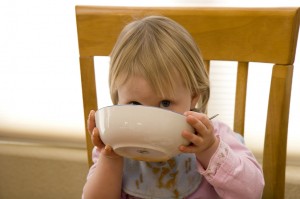
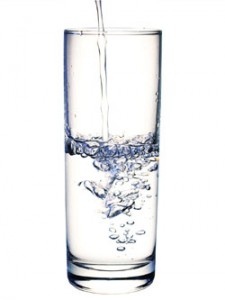

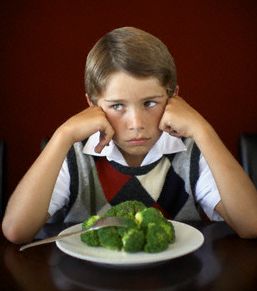


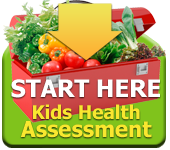
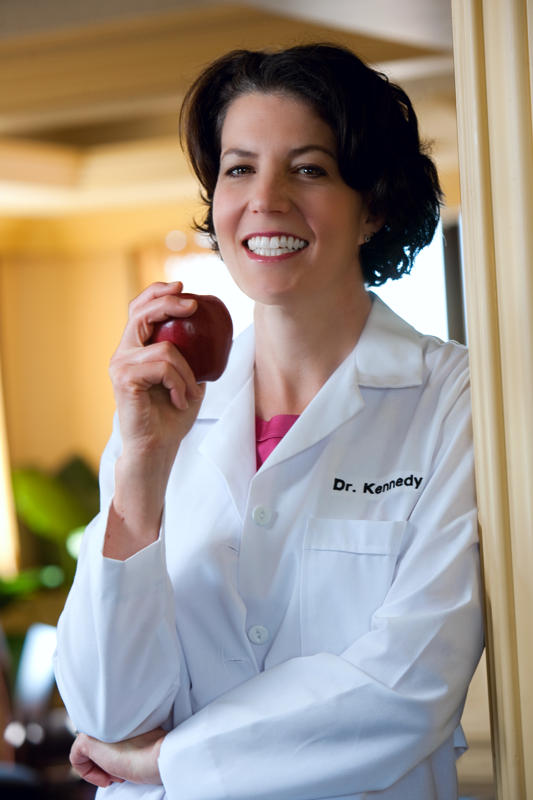 Dr. Debbie Kennedy (Dr. Deb) is a pediatric nutritionist with 23 years of experience in the field. She has worked with both Yale and Columbia Universities, and has developed programs for some of the industry’s luminaries such as Dr. David Katz and Dr. Mehmet Oz.
Dr. Debbie Kennedy (Dr. Deb) is a pediatric nutritionist with 23 years of experience in the field. She has worked with both Yale and Columbia Universities, and has developed programs for some of the industry’s luminaries such as Dr. David Katz and Dr. Mehmet Oz. 